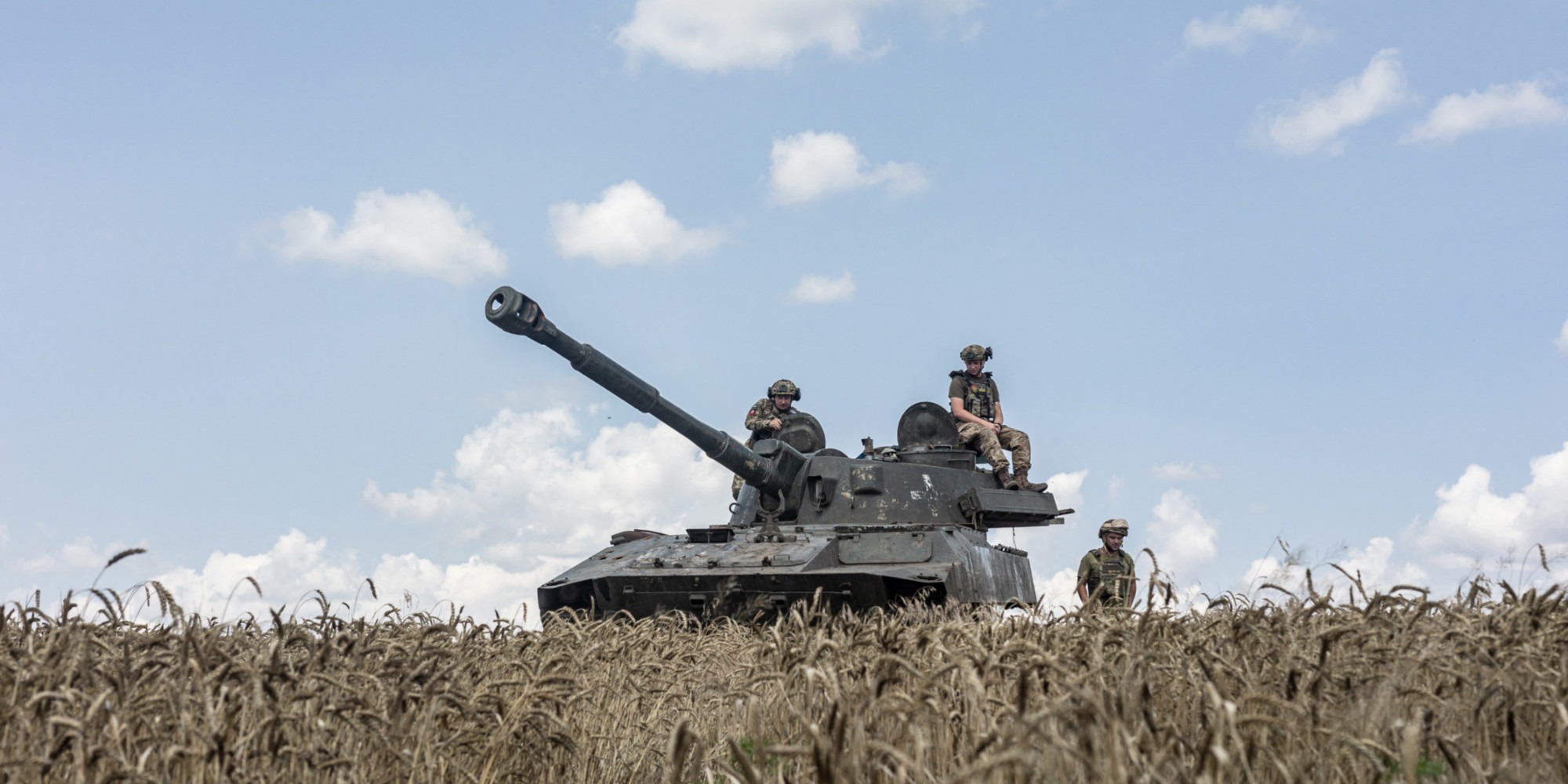Not a ripple on the Black Sea off Odessa: since the suspension of the Ukrainian grain corridor and the intensification of Russian bombardments, no ship has risked coming to load grain, leading to a sudden surge in prices on the European market. Two days after Russia refused to renew the agreement for maritime agricultural exports from Ukraine, which had allowed the release of nearly 33 million tonnes of grain in one year, the markets jumped. On Wednesday, the price of milling wheat closed sharply higher, at 253.75 euros per tonne on the September deadline on Euronext, gaining 8.2% during the day, to a level not reached since the beginning of April. Corn rose by 5.4%, just below the 250 euro per tonne mark for the August deadline.
On Monday, the market did not really believe in “a serious story” and had barely taken the hit of the news of the closure, perhaps temporary, of this sea route which then provided half of Ukrainian exports, according to Andrei Sizov, of the SovEcon firm. But since then, the Russian air attacks targeting Odessa and Chornomorsk (south), two of the three Ukrainian ports in the corridor, as well as the news of “the suspension of coverage” of the risk in the Black Sea by insurers have darkened the outlook, underlines Damien Vercambre, broker at Inter-Courtage.
“New page of uncertainties”
The rise in prices increased over the course of the day, with the destruction of 60,000 tonnes of cereals during attacks according to Kiev and the threat of Moscow against all ships going to Ukraine, considered as of Thursday as “potential warships”. While President Zelensky said on Monday that he was determined to continue maritime exports, Russia had warned of “the risks” in the Black Sea where there was no longer any “security guarantee”. “With the intensification of the bombardments, Russia does not give any chance to a continuation of the corridor without it. The message is very clear and the markets are starting to integrate it”, notes Damien Vercambre.
For Sébastien Poncelet, cereal specialist at Agritel, “we are opening a new page of uncertainty on the grain market, but we are in no way faced with the shock suffered on the markets after the invasion of Ukraine in February 2022”, which had propelled wheat to more than 400 euros per tonne. The situation is less tense for several reasons, he summarizes: the flows had already recently slowed considerably, and the northern hemisphere is in full harvest, with good harvest forecasts for wheat in Russia and Europe, and for corn in Brazil. In addition, “Ukrainian operators claim to have the capacity to export up to 3.8 million tonnes per month by alternative routes: land, rail and river – via the Danube”, which could cover a declining export volume, notes Damien Vercambre.
But “we are witnessing an escalation at the moment and we could see it continue in the weeks or months to come”, warns Andrei Sizov, who would not be “surprised” to see the Ukrainians “trying to disrupt the transport of Russian grain, as a retaliatory measure” to the attacks on Odessa.
U.S. corn heat wave
Until now, “it was important for Russia to preserve the corridor to maintain its relations with Turkey and China”, which buy a large share of Russian agricultural exports and were in the top three of the beneficiary countries of Ukrainian exports via the corridor, notes Michael Zuzolo, of Global Commodities Analytics and Consulting. But, he analyzes, “the relations of these two countries with Russia have deteriorated” recently, in particular with the recent green light from Turkey for Sweden’s accession to NATO. He believes that world prices do not sufficiently reflect the risks, given the weather conditions which remain unfavorable in the United States but also in Southeast Asia.
The coming week will be decisive, as drier and warmer weather is expected for the next ten days in the American Midwest, where corn is suffering, in the midst of the pollination phase, and risks seeing its growing conditions deteriorate again.
